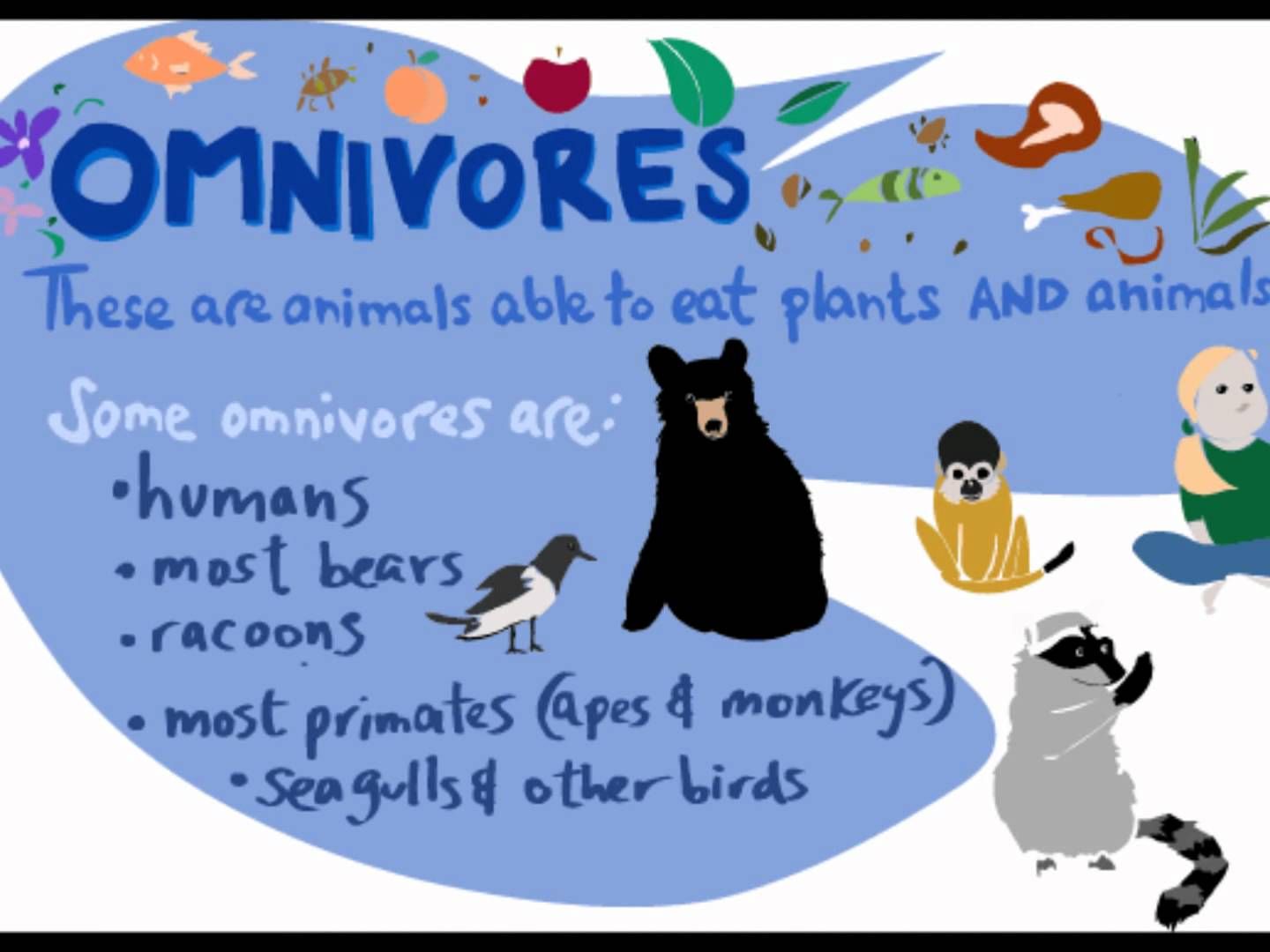Understanding Ethical Omnivory
Being an ethical omnivore involves thoughtful consideration of the ethical, environmental, and social implications of consuming animal products. This includes prioritizing animal welfare, supporting sustainable farming practices, and minimizing the environmental impact of food production.
Ethical Considerations in Omnivory
Animal Welfare
Prioritize animal welfare by choosing products that come from animals raised in humane conditions, with access to pasture, fresh air, and the ability to engage in natural behaviors. Look for certifications such as Certified Humane, Animal Welfare Approved, or pasture-raised labels when purchasing animal products.
Sustainable Farming Practices
Support farms and producers that prioritize sustainable farming practices, such as regenerative agriculture, rotational grazing, and organic farming methods. These practices help minimize environmental impact, promote soil health, and conserve natural resources.
Local and Small-Scale Producers
Choose locally sourced and small-scale producers whenever possible to support local economies, reduce food miles, and foster connections with the farmers who grow your food. Shopping at farmers’ markets, joining community-supported agriculture (CSA) programs, or buying directly from farmers can help you access high-quality, ethically produced foods.
Fair Labor Practices
Consider the social and ethical implications of food production, including fair labor practices for farm workers and food industry employees. Look for certifications such as Fair Trade or support companies that prioritize fair wages, safe working conditions, and labor rights for workers throughout the supply chain.
Biodiversity and Conservation
Choose foods that support biodiversity and conservation efforts, such as heritage breeds, heirloom varieties, and sustainably harvested wild-caught seafood. These choices help preserve genetic diversity, protect endangered species, and maintain healthy ecosystems.
Practical Tips for Ethical Omnivory
Know Your Food Sources
Take the time to research and understand where your food comes from, including how animals are raised and treated, the farming practices used, and the environmental impact of production methods. Choose products from transparent and trustworthy sources that align with your ethical values.
Reduce Meat Consumption
While being an omnivore means including animal products in your diet, consider reducing your meat consumption and incorporating more plant-based meals into your diet. Eating a diverse range of foods, including fruits, vegetables, grains, legumes, nuts, seeds, and dairy products, can help you maintain a balanced and nutritious diet while minimizing your environmental footprint.
Prioritize Quality Over Quantity
Choose high-quality, nutrient-dense animal products from animals raised in humane and sustainable conditions, even if it means paying a higher price. By prioritizing quality over quantity, you can support ethical farming practices and enjoy food that is healthier, tastier, and more satisfying.
Support Ethical Brands and Certifications
Look for products that carry certifications and labels indicating ethical sourcing and production practices, such as Certified Humane, USDA Organic, Non-GMO Project Verified, or Fair Trade. These certifications provide assurance that the products meet certain standards for animal welfare, environmental sustainability, and social responsibility.
Reduce Food Waste
Minimize food waste by planning meals, shopping mindfully, and using leftovers creatively. By reducing food waste, you can minimize the environmental impact of food production and ensure that resources are used efficiently.
Advocate for Change
Use your voice and purchasing power to advocate for policies and practices that support ethical food production, animal welfare, and environmental sustainability. Support organizations and initiatives that work to promote positive change in the food system, such as animal welfare groups, environmental organizations, and sustainable agriculture initiatives.
FAQs Frequently Asked Questions
Is it possible to be an ethical omnivore and still support animal rights?
Yes, being an ethical omnivore means making conscious choices to support humane and sustainable farming practices while prioritizing animal welfare. This may involve choosing products from animals raised in humane conditions and advocating for policies that promote animal rights and welfare.
How can I ensure that the animal products I consume are ethically sourced?
Research food producers and brands to ensure that they prioritize ethical sourcing and production practices. Look for certifications and labels indicating humane treatment of animals, sustainable farming methods, and fair labor practices.
Are there health benefits to being an ethical omnivore?
A diet that prioritizes high-quality, nutrient-dense foods, including ethically sourced animal products, can provide essential nutrients such as protein, vitamins, and minerals that support overall health and well-being. However, individual health outcomes may vary based on factors such as diet quality, lifestyle, and genetic predisposition.
How can I reconcile being an ethical omnivore with concerns about environmental sustainability?
Choose animal products from farms and producers that prioritize sustainable farming practices, such as rotational grazing, regenerative agriculture, and carbon sequestration methods. Additionally, consider reducing your overall meat consumption and incorporating more plant-based foods into your diet to minimize environmental impact.
Is it possible to be an ethical omnivore on a budget?
Yes, being an ethical omnivore doesn’t have to be expensive. Look for local, seasonal, and affordable options, such as purchasing directly from farmers, joining community-supported agriculture (CSA) programs, or shopping at farmers’ markets. Consider prioritizing quality over quantity and making conscious choices within your budget.
Can I be an ethical omnivore and still eat out at restaurants?
Yes, being an ethical omnivore doesn’t mean you have to avoid eating out at restaurants. Look for restaurants that prioritize ethical sourcing and sustainable practices, and ask questions about where their ingredients come from and how they are sourced. Choose dishes that feature high-quality, ethically produced ingredients whenever possible.
How can I encourage others to adopt ethical omnivory?
Lead by example and share your knowledge and experiences with others in a respectful and non-judgmental manner. Encourage friends, family, and community members to consider the ethical, environmental, and social implications of their food choices and support positive changes in the food system.
Conclusion
Being an ethical omnivore involves making conscious and informed decisions about the food you consume, considering both the welfare of animals and the impact on the environment. By prioritizing animal welfare, supporting sustainable farming practices, and minimizing the environmental impact of food production, you can make ethical food choices that align with your values and contribute to a healthier, more sustainable food system. Remember that being an ethical omnivore is not about perfection but rather about making thoughtful choices that reflect your values and priorities. By incorporating practical tips and advocating for positive change, you can make a difference in the world through your food choices.
- Skin Treatment & Skincare Consultations Near Dockenfield, Surrey - May 31, 2025
- The Effects Of Breadcrumbing In Modern Relationships And How To Heal - May 31, 2025
- Skin Pen Microneedling Near Copthorne, Surrey - May 30, 2025





